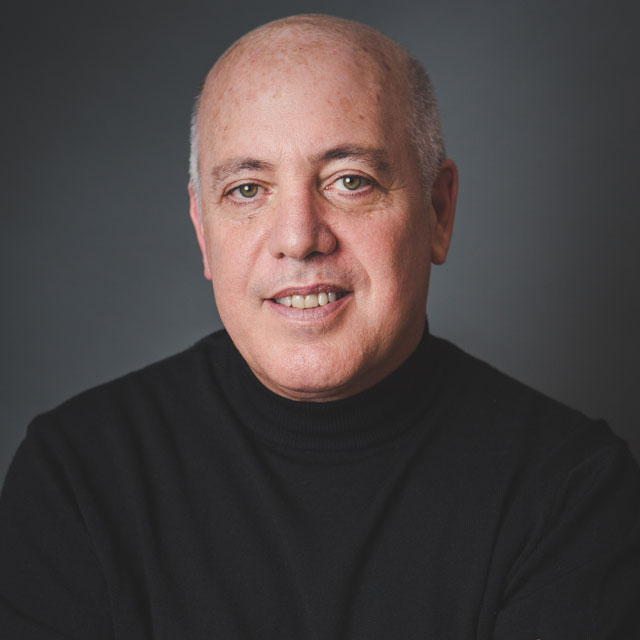
Scott Rosenfelt
Producer (Home Alone, Smoke Signals, Teen Wolf)
When I first met Robert, I was impressed with his love of film and his practical nature of just getting things done. He wanted to make a movie - “Strive" - and when it was difficult to fund the traditional way, he went out and got it funded and got it made. Not the least of which was the sheer force of will to and his ability to connect with a story that dealt with a culture that was not his own. He knew the story he wanted to tell and told it well, brought good people to the project and led them by his singular vision.
I believe he has a great future in narrative filmmaking, and working with a bigger canvas will only illuminate the gifts he's already exhibited.

Mariel Hemingway
Foreword from the novel Escape To Anywhere Else
I met Robert Rippberger while I was developing my grandfather’s memoir, A Moveable Feast, into a feature film. He was an admirer of my grandfather, Ernest Hemingway. Before we met, I did a little digging and found that Robert is a very talented young man—he wrote and directed a feature film when he was sixteen and was also highly prolific in making documentaries with truly fascinating people like William H. Draper, Roberto Unger, and Jane Goodall.
I have to admit that when he picked me up at the San Jose Airport for our first meeting, I didn’t think he looked much older than sixteen, even though he was twenty- three. Of course one’s age does not necessarily indicate one’s grasp of life. I was reminded of being nominated for an Oscar at eighteen and my grandfather writing The Sun Also Rises at age twenty-six in less than six months.
During that hour-long ride in Robert’s beat-up car, I asked him why he liked my grandfather, writing, and film. He was captivating in his knowledge of the arts and had an innate understanding of the process of creating and capturing. I was, to say the least, intrigued. In a funny way, he reminds me of what my grandfather must have been like in his early 20s— passionate, sharp, and full of drive. My grandfather longed for LIFE in capital letters and moved to Paris to experience more of it. Robert too has put himself in the middle of a world of life changers. He continuously and effortlessly engages with people who are making a difference.
Robert has lived through a lot in a short time. Just as so many good writers allow their lives to be their guides, whether pointedly or metaphorically, so too has Robert taken from his personal experience and masterfully combined that with what he has discovered in the lives of others. Some people seem to come into the world with an ability to see things in their purest form, even when the reality is harsh. I can feel through Robert’s writing that his compassion for inner pain—and compassion for the journey through that pain—is profound.
Escape to Anywhere Else is about loyalty between siblings and the deep bonds of a brother and sister who can only know their own lives through the eyes of the other. They go from negotiating horrifying parental abuse to accepting it to trying to reconcile with it to realizing that they might be able to escape it and quite possibly find freedom from it. It is not without huge sacrifice and fear that they venture beyond what they had always believed to be normal. They see that religion often has little to do with belief, spirituality, or even God. Sadly these kids become adults long before their time.
Though my circumstances cannot begin to compare to the characters in this book, there is a universal feeling of how family can be a place of grand illusion. Where crazy lives is where the characters in Escape to Anywhere Else have been nurtured and loved. Robert creates the prison where there is no escape until the main characters, Ivey and Louie, can understand their circumstances. They cannot move toward freedom without letting go of their illusion of family. Again, my own life is not a mirror of this terrifying world, but the clarity of circumstance that had to occur was identical and is a universal eye opener that everyone can relate to.
I am part of a family of genius and tragedy. I have spent a lifetime trying to figure out how to negotiate my genetics and my heritage. My family is brilliant and crazy. Generations have self-medicated in order to get out of pain, ometimes resorting to suicide. Many of my relatives felt trapped inside their own existence.
Robert captures that feeling of imprisonment, and it’s chilling. His gritty concise sentences (ah, where have I seen that before?) express the feelings of isolation and separation that children feel even if they can’t quite comprehend their bar-less prison.
Writing with an edginess that keeps you turning the pages anxiously, Robert reminds us of how intense childhood can be when you have to survive it instead of thrive in its safe embrace. I could barely put Escape to Anywhere Else down until the journey came to an end, and I found myself living with the scenes between reads. The world in this book is often dark, but beyond the horrifying experiences there is a future, and light shines through. I look forward to watching this book’s success unfold and of course am waiting to see where Robert Rippberger will take me next.
